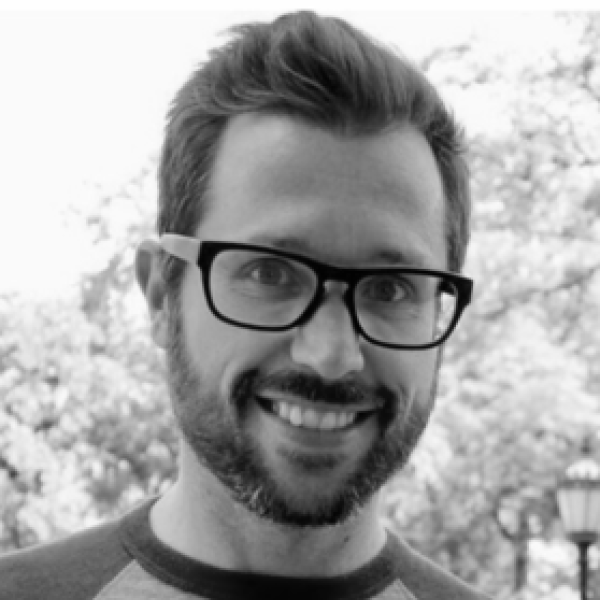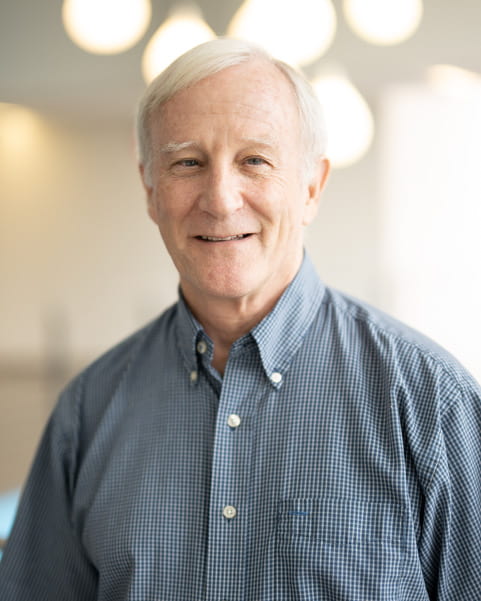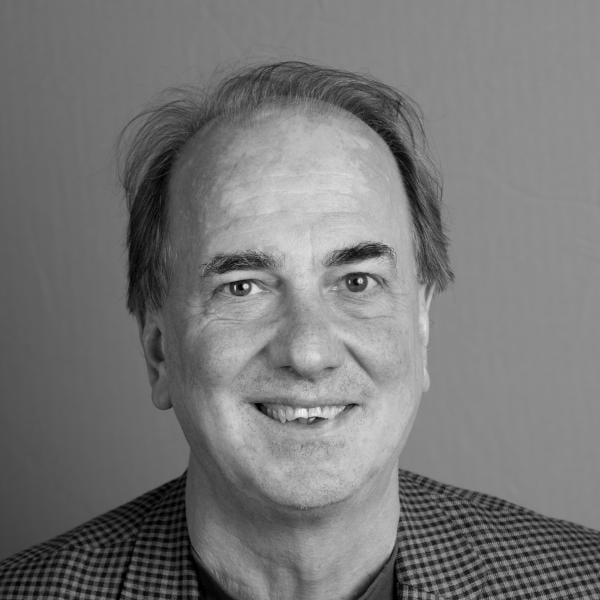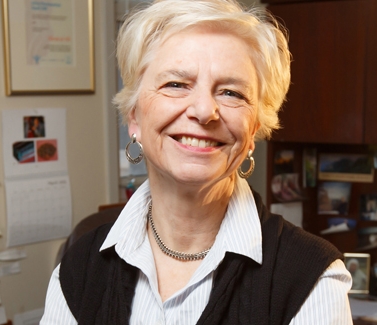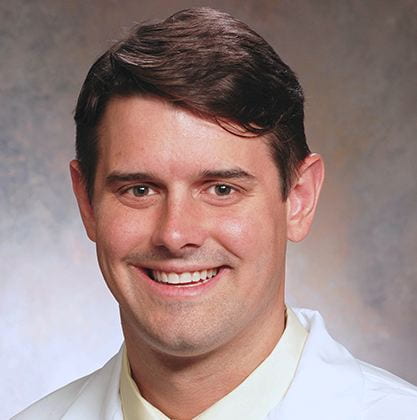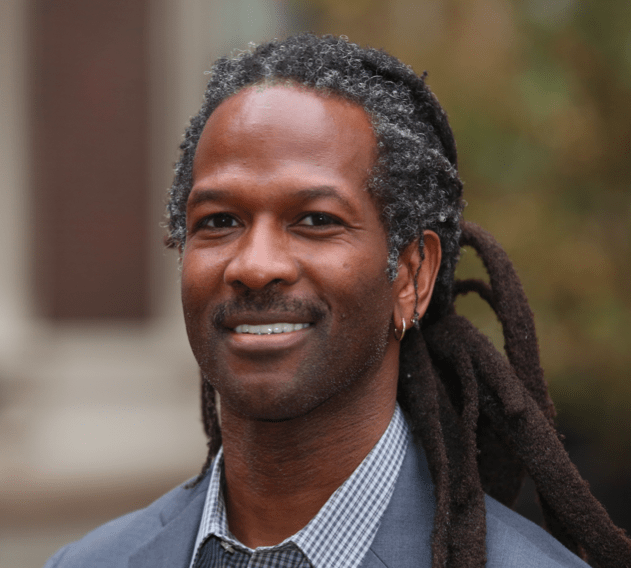What’s new with the NIDA training grant at University of Chicago?
The NIDA T32 Training Program at The University of Chicago provides a unique multidisciplinary opportunity for both pre and postdoctoral trainees interested in addiction and substance abuse research. Our training faculty include world-renowned experts in addiction research at every level, from molecular genetics and cellular approaches, to behavior, epidemiology and treatment. With this breadth of faculty expertise, we aim to educate trainees in the multiple dimensions of this complex social and biological problem.
The University of Chicago has a long record of commitment to drug abuse research, beginning in 1972 when the NIDA-funded Drug Abuse Research Center was established. Since then, our faculty have included pioneers of addiction research, including Jerry Jaffe, Lewis Seiden, Daniel X Freedman, Bob Schuster, Marian Fischman and Chris-Ellyn Johanson. Building on this long tradition, current faculty include leaders in neuropharmacology and behavioral pharmacology of addiction, using both animal models and human subjects, as well as key epidemiological and public policy research. The University has recently expanded its commitment to neuroscience through new investments in genetics as well as systems/computational neuroscience and clinical research. These significant investments create a rich intellectual environment with exciting new opportunities addiction research.
Past NIDA training grant news and events

